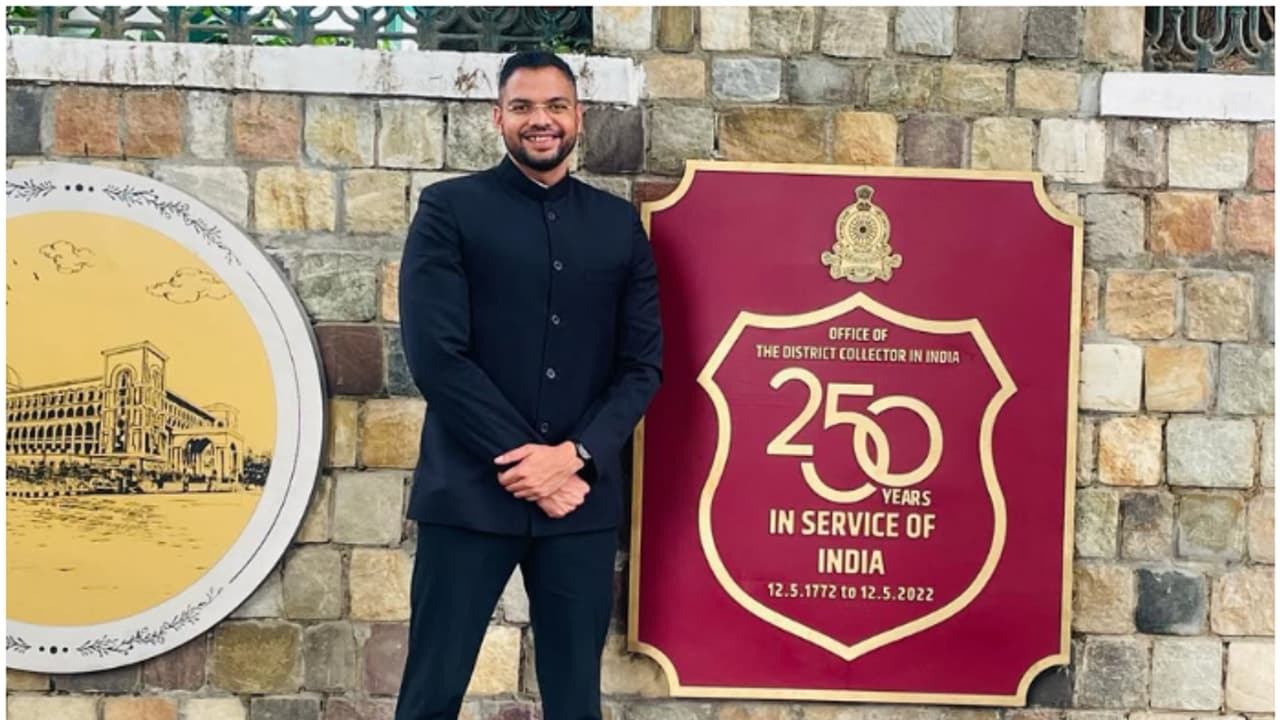In Sangrur, IAS Jitendra Jorwal’s ‘Schools on Wheels’ boost education access, reduce anaemia from 48% to 4% with better nutrition, empower women through livelihood projects, and modernize libraries, driving holistic community development.
In the slums of Sangrur, Punjab, a unique initiative is reshaping the way underprivileged children experience education. When IAS officer Jitendra Jorwal took charge as District Commissioner, he was faced with a daunting challenge, many children had never enrolled in school or dropped out early. Determined to change this, Jorwal launched creative projects that not only revived learning but also addressed critical health issues and women’s empowerment.
Schools on Wheels: Making Learning Fun and Accessible
Traditional classrooms weren’t engaging enough for children from the slums, Jitendra realized. “We needed to make education more interesting, something that would allow them to experience what they were reading and learn by seeing real-life projects in action,” he explains.
The ‘Schools on Wheels’ program features two colorful buses that pick up children every morning, taking them to educational sites such as pond rejuvenation projects, orchards, and development parks. Onboard, teachers and anganwadi workers provide interactive lessons, turning education into an exciting adventure. This approach has encouraged over 100 children to re-enroll in school. Preeti, an 11-year-old beneficiary, shares, “The bus would arrive at our house, and we would be excited to see where our teachers would take us. Learning became fun!”
Tackling Anaemia with Nutrition and Awareness
Upon surveying 21 government schools, Jitendra found nearly half the students were anaemic, despite the government’s Iron and Folic Acid (IFA) supplementation program. He identified that tablets were often taken on an empty stomach, causing side effects and hesitation among children.
In response, Jorwal revamped the mid-day meal program by including iron-rich foods and educating parents about proper IFA intake. Kitchen gardens were established in over 750 schools to promote the consumption of nutritious vegetables like spinach and carrots. Six months later, anaemia cases dropped dramatically from 48% to 4%. He states, “Health and education are the basic foundations for a society. When the foundation is strong, the structure will be strengthened.”
Empowering Women and Building Sustainable Livelihoods
Jorwal’s vision extends beyond education and health. Under the PEHEL initiative, over 450 women from self-help groups now stitch school and police uniforms, generating revenue of Rs 4.5 crore. This empowerment project boosts household incomes while supporting local needs.
Bridging Educational Gaps with Modern Libraries
Understanding the importance of accessible knowledge, Jorwal modernized the Sangrur district library with air conditioning, computers, and competitive exam resources. He also set up 26 village libraries, ensuring rural women have access to educational materials, fostering equal opportunities.
Through his holistic approach, IAS Jitendra Jorwal has laid a strong foundation for Sangrur’s sustainable growth. “Reflecting on the infrastructure and community development we’ve given back to society, I feel a great sense of fulfilment,” he remarks, inspiring hope and progress for the future.
